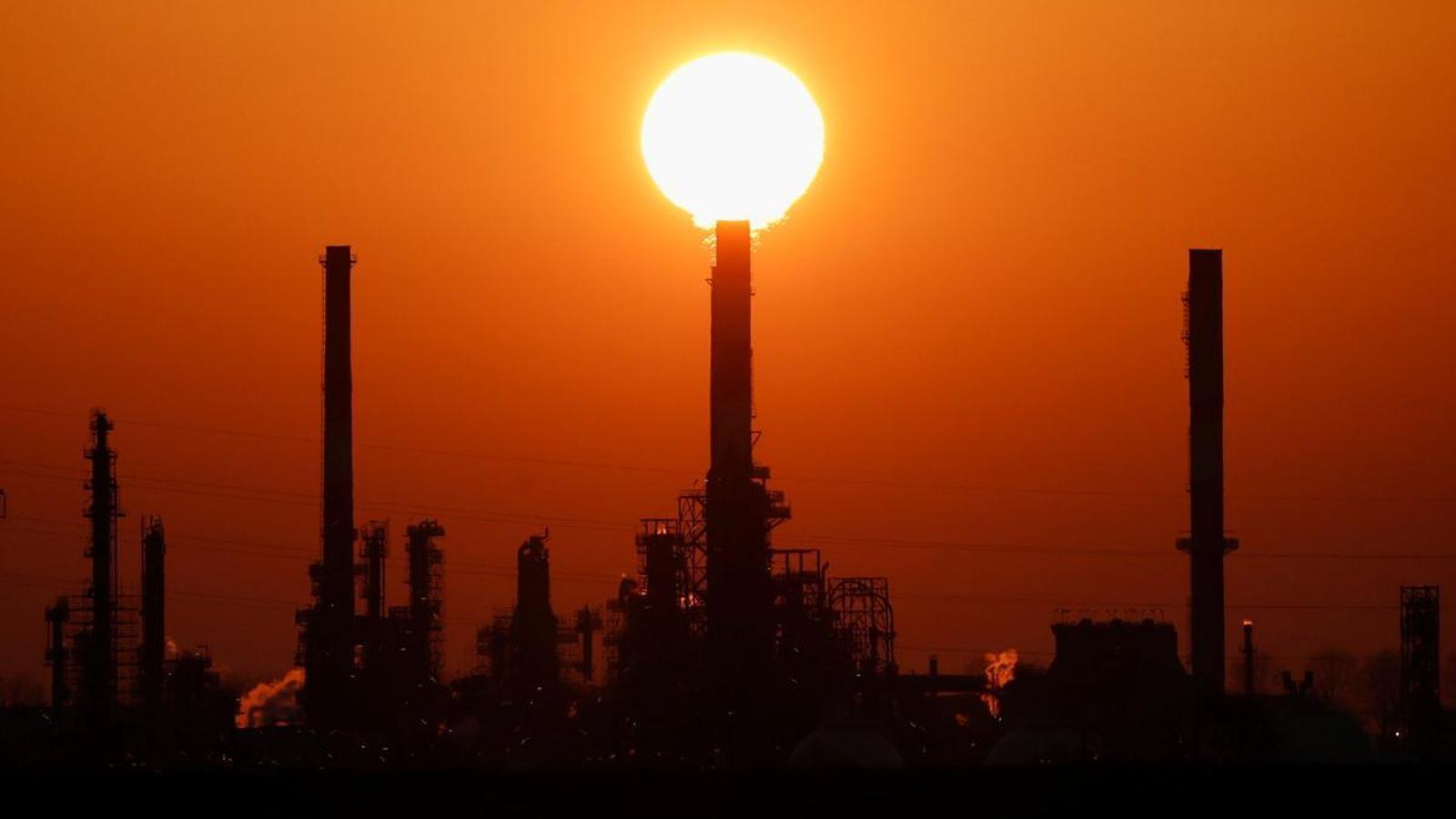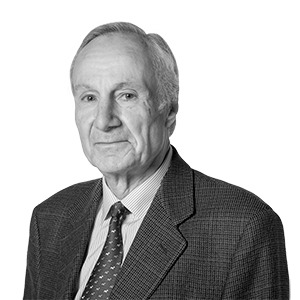

It is increasingly clear that we are experiencing a period of transition toward a new era in global economics and politics, a transition that is particularly affecting European countries due to the role they played throughout the last century. Initially, they were the main protagonists of two major wars, but later they became the builders of diverse societies based on two models: free-market but regulated capitalism and democratic socialism, driving the welfare state. Almost all of Europe experienced some 50 years of strong economic growth and significant social progress, notable for the consolidation of democratic systems, the expansion of redistributive tax systems that enabled, among other things, the universalization of free public education and healthcare, as well as highly beneficial pension systems.
1. What has happened in recent yearsThis was undermined at the end of the century by demographic changes (aging and migration), climate change (scarcity of natural resources, excess waste, and energy sustainability issues), and technological changes related to information (digitalization and artificial intelligence). Significant errors by many governments have been compounded by denialist stances, a lack of necessary measures, and policies aimed at exploiting these changes as much as possible to benefit the upper classes, the owners and controllers of financial resources, and the generators and distributors of information.
In recent years, this has led to a growing distrust of politics among citizens and a rejection of its key figures. This is understandable, given the emergence of some politicians whose actions are difficult to classify, a mixture of egocentrism and clear incompetence. The consequences are a lack of understanding of many actions, the growth of all kinds of confrontations in the civic and social spheres, and finally, some trade and, above all, military wars reminiscent of what happened in the early decades of the 20th century. We must prevent this from continuing and worsening.
2. React positively to changes.Due to lack of awareness or a lack of will, significant sectors of governments, societies, and even individuals have not been sufficiently active in taking action to prevent the negative effects of the three changes we face and to take advantage of the opportunities they offer.
2.1. HousingWhat was done with education and healthcare must now be done with housing; that is, it must move from being a commercial sector to a semi-public sector, and from being a necessity to being a right. This doesn't mean it should be free, but it does mean it should be affordable and available to all. This requires a public housing policy, regulation of private housing, location planning that takes into account people's mobility, and possibly the emergence of new types of collective or temporary housing that are useful for new needs based on age, origin, or for community life. The lack of housing should not be an element that generates inequality between people.
2.2. Relationship with the planet. It is becoming clear that the Earth cannot easily support a growing population, increasing resource consumption, and waste generation. Demographic and migration policies, policies to reduce and change consumption without reducing well-being, and resource reuse policies must be among the elements that moderate and make society's habits more manageable.
2.3. Information and democracyMany democracies are in danger, even in countries that have been exemplary. The decline and problems of traditional media, the unregulated and uncontrolled operation of social media, and the ease with which false or distorted realities can be generated and distributed thanks to AI mean that the quality and accuracy of the information received is very low, and therefore, votes can be manipulated, as has already been seen. The sector's efforts to ensure that information is real and accurate are crucial.
